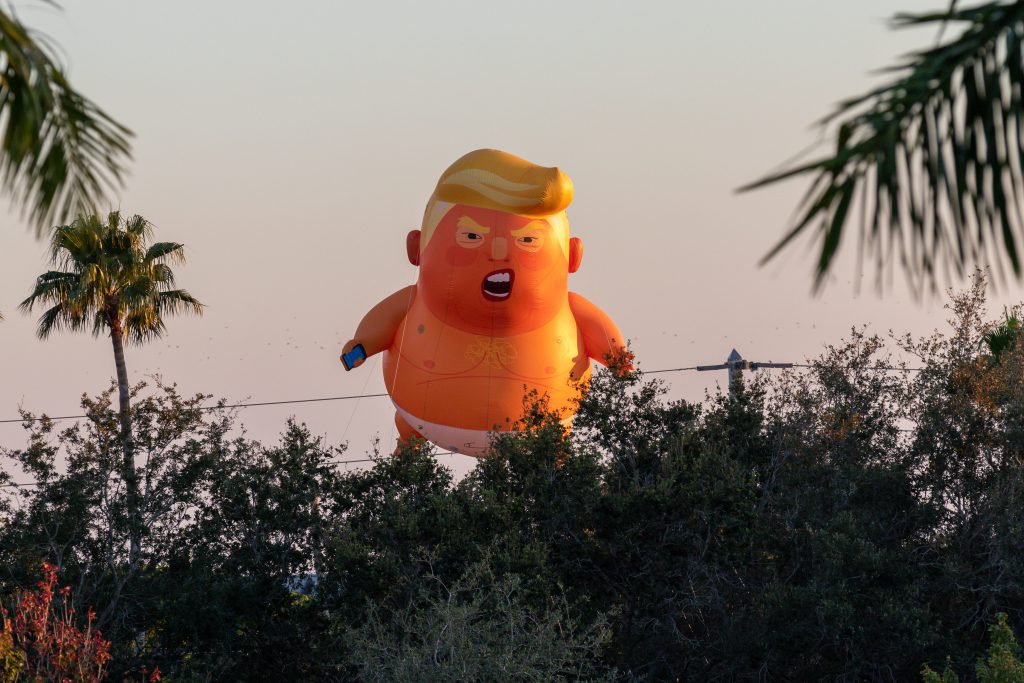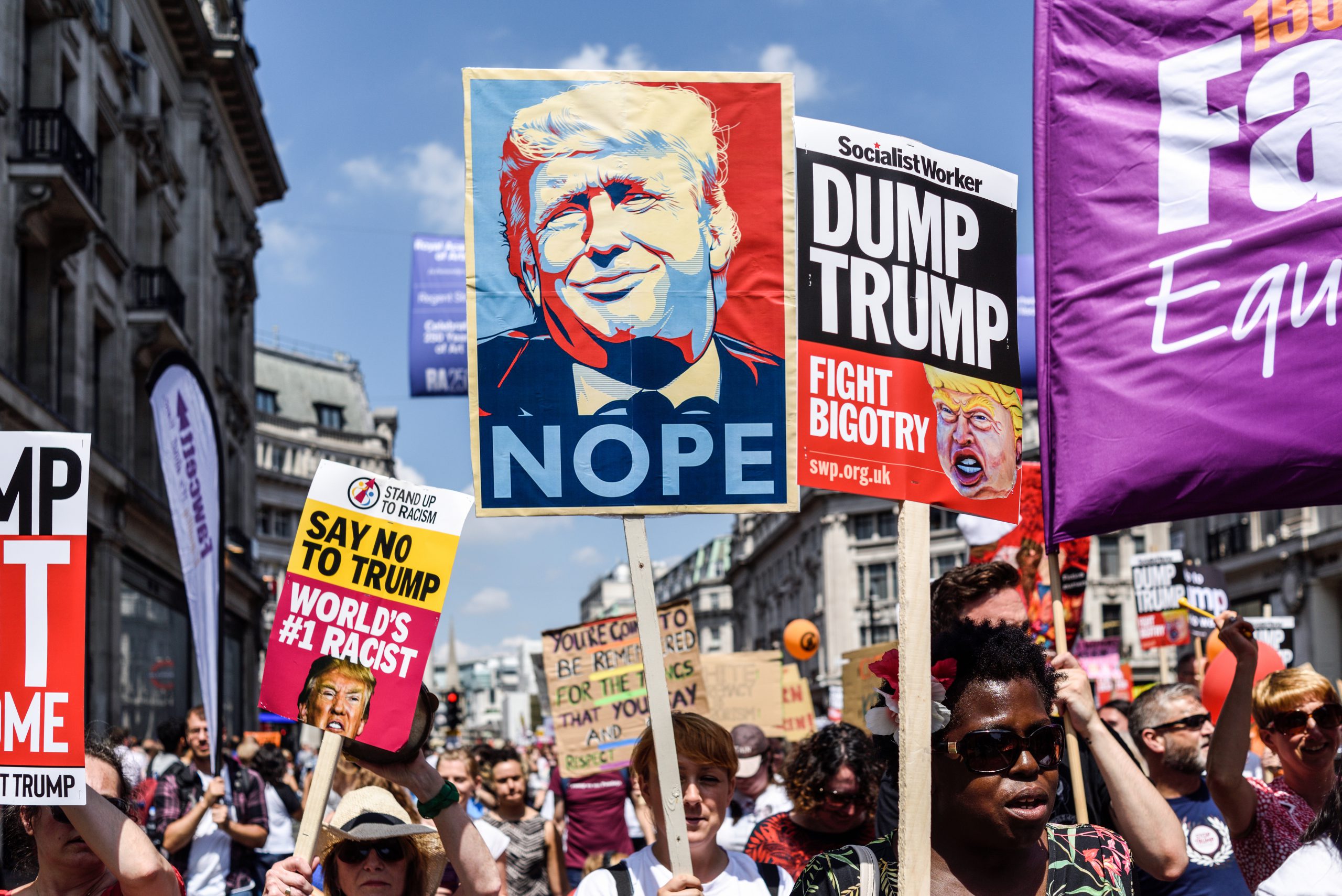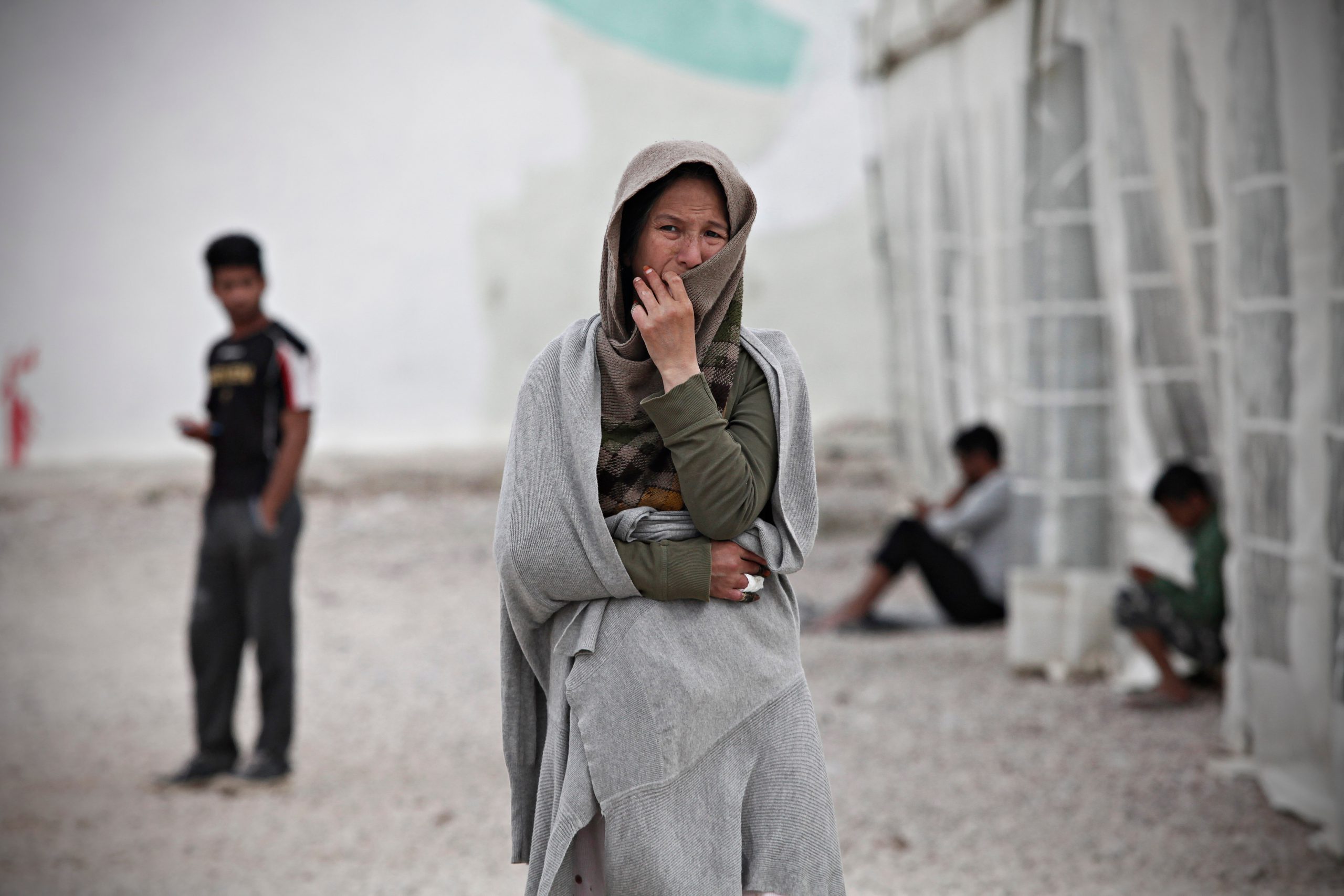During his presidency, Donald Trump was criticized by some for his actions and statements that were perceived as undermining democratic norms and values in the United States. However, it is important to note that the U.S. is a strong democracy with a long history of peaceful transitions of power and a system of checks and balances designed to protect against the abuse of power.
Donald Trump’s presidency and the events of his time in office have raised concerns among some people about the dangers to democracy in the United States. During his presidency, Trump was accused of undermining democratic norms and institutions, including the independence of the judiciary and the free press, and of seeking to undermine the legitimacy of the election process.
There are many different reasons why people may dislike or hate Donald Trump. Some people may disagree with his political views or policies, and may believe that he has pursued policies that are harmful or misguided. Others may dislike Trump because of his personal style and demeanor, which some people find abrasive or off-putting.

That being said, there were concerns about the impact of Trump’s presidency on the health of democracy in the United States. His presidency was marked by a number of controversial actions and statements that raised concerns about the health and stability of democracy in the United States. Some of the ways in which Trump’s presidency was seen as a potential danger to democracy in the US include:
- Attacking the independence of the judiciary: Trump frequently criticized judges and courts that ruled against him, and he sought to stack the federal courts with judges who were more likely to rule in his favor.
- Undermining the free press: Trump frequently attacked media outlets and journalists that were critical of him, and he sought to discredit negative coverage as “fake news.”
- Attempting to interfere with the election process: Trump was accused of seeking to interfere with the 2020 election through a variety of means, including pressuring foreign governments to investigate his political rivals and encouraging his supporters to engage in voter suppression efforts.
- Inciting violence and attacking the peaceful transfer of power: Trump was accused of inciting violence in the wake of the 2020 election, and he refused to accept the results of the election and acknowledge that he had lost.
- His controversial and divisive policies: Trump pursued a number of controversial and divisive policies during his presidency, including the travel ban on citizens from certain Muslim-majority countries and the separation of families at the border. These policies may have contributed to his unpopularity among some people.
- His inflammatory rhetoric: Trump has been known for using inflammatory language and making provocative statements, which may have contributed to his unpopularity among some people.
- His impeachment and alleged misconduct: Trump was impeached by the House of Representatives in 2019, and he was accused of misconduct and abuse of power. These allegations may have contributed to his unpopularity among some people.
- His handling of the COVID-19 pandemic: Trump’s handling of the COVID-19 pandemic has been a source of controversy and criticism, and some people may dislike or hate him because of his response to the crisis.
- Disagreements with his policies: Trump pursued a number of controversial policies during his presidency, including efforts to repeal the Affordable Care Act, withdraw from international agreements, and restrict immigration. These policies were deeply unpopular with many people, and may have contributed to feelings of dislike or hatred towards Trump.
- Distaste for his personal style: Trump is known for his brash, combative style, and many people find his manner and demeanor to be off-putting or even offensive. Some people may dislike Trump because of his tendency to attack others on social media or make controversial or offensive statements.
- Concerns about his behavior and judgment: During his presidency, Trump was accused of unethical or questionable behavior, including conflicts of interest, financial improprieties, and abuse of power. These allegations may have contributed to feelings of dislike or hatred towards Trump.
- Disagreements with his views on social issues: Trump took a number of positions on social issues that were deeply unpopular with many people, including his opposition to abortion and LGBTQ rights. Some people may dislike or hate Trump because of these views.




